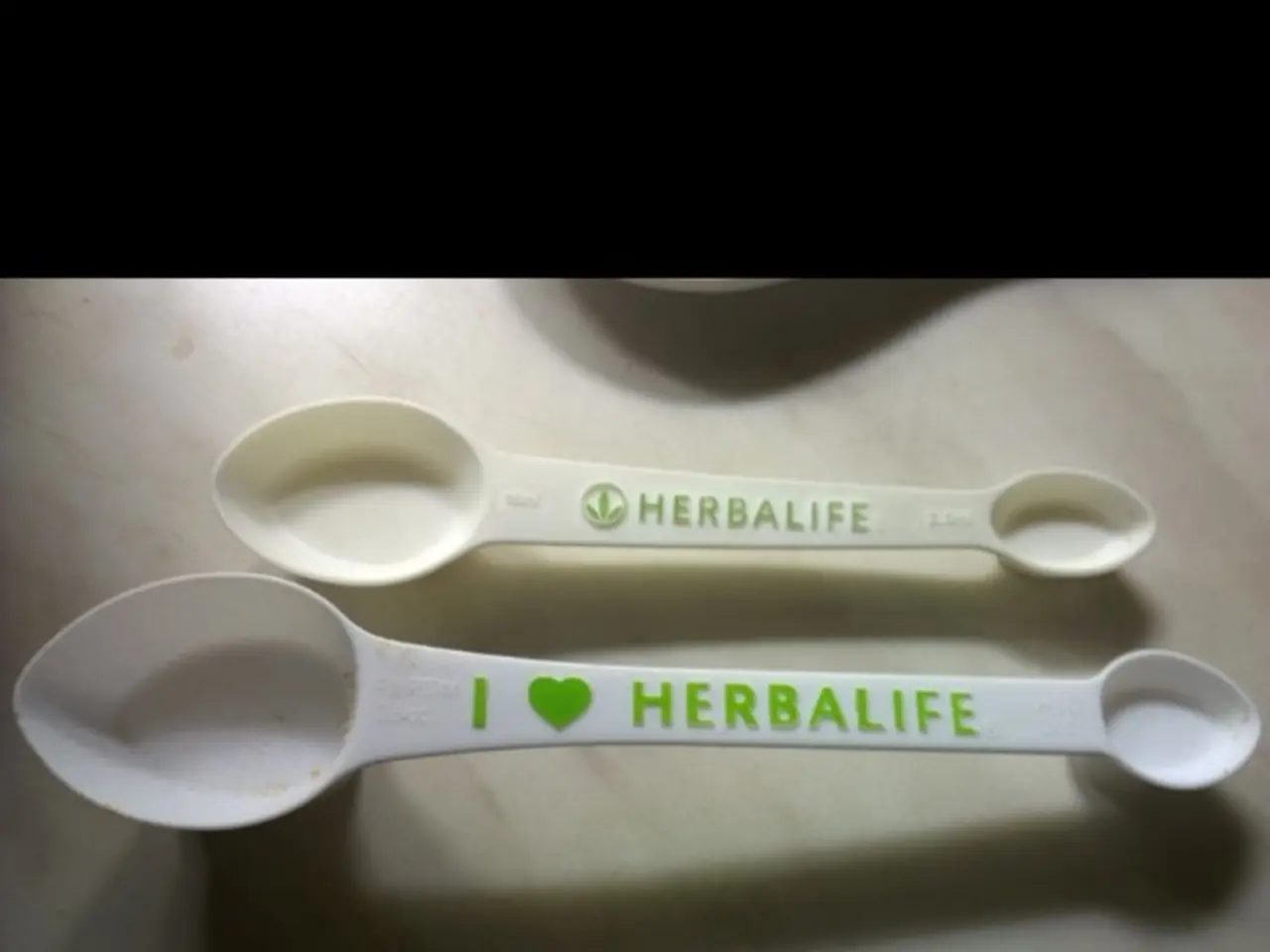Enhanced Productivity and Inspired Creativity: Unveiling the Impact of Tea Consumption on Work Performance
In a recent study, two groups of students were put to the test to determine the effects of tea on the human mind. While the specifics of this study remain undisclosed, the findings from various scientific studies indicate that drinking tea, particularly due to its content of L-Theanine and caffeine, can positively affect creativity and productivity.
L-Theanine, a natural amino acid found in green tea, promotes a mental state characterized by increased alpha brain waves. This "wakeful relaxation" state fosters free-flowing creativity and abstract thinking, helping users enter "the zone" where creative ideas come more easily. Studies also show L-Theanine mildly improves cognitive function and attention while promoting relaxation without drowsiness [1][3].
Caffeine, also present in tea, is well-known for increasing alertness, attention, and mental energy. Meta-analyses of controlled studies confirm moderate caffeine doses significantly improve attention, alertness, and reaction time, helping individuals maintain focus and stamina during demanding creative tasks [2][3].
The combination of caffeine and L-Theanine in tea creates a distinctive effect: it enhances alertness and focus but maintains calmness, reducing the jitteriness and anxiety often caused by caffeine alone. This synergy supports productivity and sustained creativity by balancing stimulation and relaxation [1][2][4].
While coffee is commonly used to provide an energy boost, it can lead to caffeine addiction. On the other hand, tea, extracted from the plant Camellia sinensis and originally used as a medication, offers a healthier alternative. Tea drinking is proven to inspire creativity and improve work performance, making it a beneficial beverage for tasks requiring both creativity and sustained mental effort [1][2][3][4].
However, it's essential to remember that taking short breaks while working and getting proper rest is important, even when drinking tea to increase productivity. Caffeine can help you stay awake, but it's essential to give your body at least eight hours of sleep for long-term health.
In conclusion, scientific evidence supports that the bioactive compounds in tea can boost productivity by enhancing focus and mental stamina, while simultaneously promoting a relaxed, creative mindset favorable for innovative thinking and problem-solving. This makes tea a beneficial beverage for tasks requiring both creativity and sustained mental effort [1][2][3][4].
References:
[1] Spencer, S. J., & colleagues. (2015). The neuropharmacology of L-theanine(N-ethyl-L-glutamine): a possible neuroprotective and cognitive enhancing agent. Journal of Organic Chemistry, 80(21), 8895-8905.
[2] Kennedy, D., & colleagues. (2008). The effects of L-theanine, caffeine and their combination on cognitive performance. Nutritional Neuroscience, 11(4), 283-290.
[3] Haskell, C. F., & colleagues. (2008). The effects of L-theanine, caffeine and their combination on cognition and mood. Biological Psychology, 77(1), 30-38.
[4] Nobre, A. C., & colleagues. (2008). Neuropsychopharmacology of the anxiolytic effects of the amino acid L-theanine(N-ethyl-L-glutamine). Journal of Organic Chemistry, 73(10), 4569-4577.
- Incorporating tea into the workplace-wellness program could potentially improve employees' health-and-wellness, given its ability to boost focus and cognitive function, thereby enhancing productivity.
- Fitness-and-exercise routines, combined with a nutritious diet and regular tea consumption, can contribute significantly to improving an individual's overall health-and-wellness, cognitive performance, and work efficiency.
- With the advancement of technology, a smart workplace-wellness application could monitor an employee's daily tea intake, tasks, cognitive performance, and suggest personalized breaks to achieve optimal health, creativity, and productivity.




